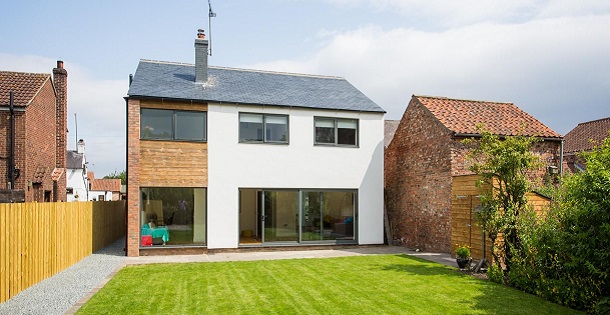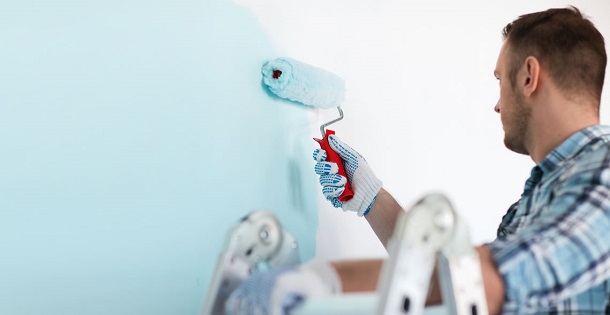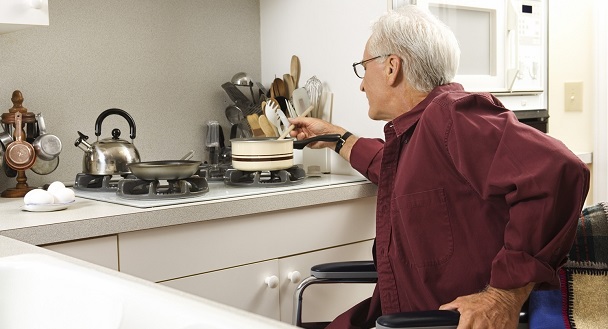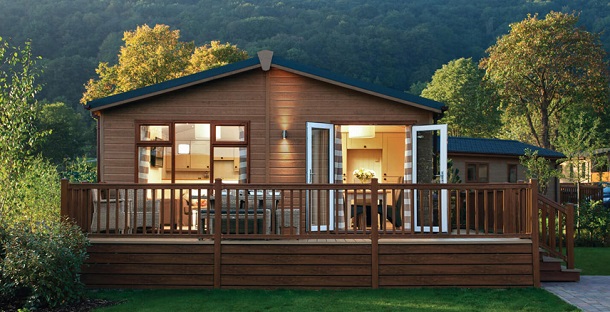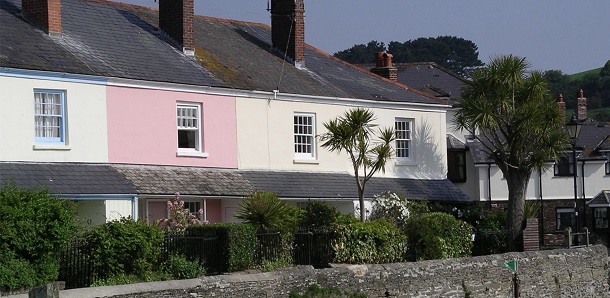
Ah, the dream – purchasing a second home. You’ve worked hard, and you’ve got the dough to do what so many dream of their entire lives. If you’re considering buying a second home, then you ought to consider a number of different things beforehand, because it’s not always as simple as it may seem.
Can I really afford it?
Often, we get excited about the prospect of things and dive in head first without looking at the possible ramifications. When you consider buying a second home, you need to be sure that you can really afford the house and everything that ultimately comes from buying it.
The costs do not end once the purchase has gone through and there are always things that you, as a homeowner, will be responsible for paying in your second property, as is the case in the home that you live in.
If you purchase a second property, it becomes known as your secondary residence, and as a consequence, stamp duty land tax that you pay once the purchase has gone through is an additional 3% over what you would normally pay and unlike is the case with buying a first home, this includes properties that cost less than £125,000.
Related: Find second home mortgages on Lending Expert.
Additionally, if you choose to sell this property later down the line and it has grown in value in the years you have owned it, you will be asked to pay CGT – capital gains tax- on the growth in value; another cost that you might not consider when signing that dotted line. Things such as repairs throughout the property, council tax – although you may be entitled to a discount if the property is empty- and general utility bills are also your responsibility.
Couples who have separated and yet to divorce who own two houses between them are not treated as secondary homeowners. However, any couple living together, regardless of their marital status will be considered as one owner – buying the first house in one name and a second in another will not allow them to escape the surcharge on stamp duty.
Should I rent it out and earn an additional income?

Rather than leaving the house empty, it could be a healthy earner and bring you an additional income through letting. If you decide to let out your property after the purchase and mortgage have already gone through then you need to speak to a solicitor – the property will need to be remortgaged as a buy-to-let mortgage because as it stands a house purchased with an ordinary homeowner’s mortgage cannot be let out to tenants.
If you’re yet to make the purchase, then taking out the mortgage as a let-to-buy mortgage is essential. Buying a cheaper property and doing it up with the intention of letting it out is a common practice nowadays, with the housing market being quite strong as it stands.
Remember: purchasing a house, even to let out, can be costly as it is you who is responsible for the cost of repairs and general handiwork necessary to keep the house in good condition, not the tenant. If you’re willing to go the extra mile to maintain your rented property, then buy-to-let may well be a viable option for you.
If you’re thinking of buying a property overseas, there are additional charges to consider aside from the obvious. Fees that you might not find within the UK, such as air conditioning maintenance fees and resort fees, could be issued to you so these should be considered before you make your purchase. If you do go ahead and buy a property abroad and take out a mortgage to do so, then you may not be able to rent it out with explicit permission or are a specialist mortgage.
I want to buy a property for my relative, where do I stand?
If you’re in a healthy financial position and you want to help one of your relatives get onto the property ladder by buying them a house, certain rules still stand. The house will still be considered as yours, and consequently, you will be treated as a second homeowner, with the property your secondary residence- even if you do not live in it yourself.
When buying a second property, expect your mortgage advisor and solicitors to ask you about why you are planning on buying the property. Doing so ensures that they are providing you with the correct type of mortgage and giving you the best advice concerning taxes, fees and other important information that could influence the direction of your purchase.
